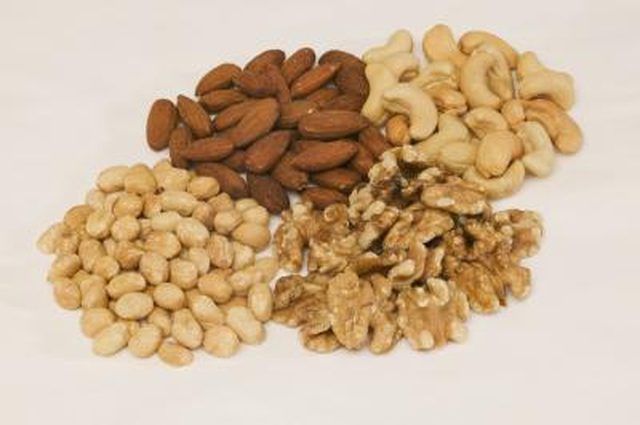Bulbs
Flower Basics
Flower Beds & Specialty Gardens
Flower Garden
Garden Furniture
Garden Gnomes
Garden Seeds
Garden Sheds
Garden Statues
Garden Tools & Supplies
Gardening Basics
Green & Organic
Groundcovers & Vines
Growing Annuals
Growing Basil
Growing Beans
Growing Berries
Growing Blueberries
Growing Cactus
Growing Corn
Growing Cotton
Growing Edibles
Growing Flowers
Growing Garlic
Growing Grapes
Growing Grass
Growing Herbs
Growing Jasmine
Growing Mint
Growing Mushrooms
Orchids
Growing Peanuts
Growing Perennials
Growing Plants
Growing Rosemary
Growing Roses
Growing Strawberries
Growing Sunflowers
Growing Thyme
Growing Tomatoes
Growing Tulips
Growing Vegetables
Herb Basics
Herb Garden
Indoor Growing
Landscaping Basics
Landscaping Patios
Landscaping Plants
Landscaping Shrubs
Landscaping Trees
Landscaping Walks & Pathways
Lawn Basics
Lawn Maintenance
Lawn Mowers
Lawn Ornaments
Lawn Planting
Lawn Tools
Outdoor Growing
Overall Landscape Planning
Pests, Weeds & Problems
Plant Basics
Rock Garden
Rose Garden
Shrubs
Soil
Specialty Gardens
Trees
Vegetable Garden
Yard Maintenance
Why Are Bitter Almond Trees Outlawed in the U.S.?
Why Are Bitter Almond Trees Outlawed in the U.S.?. The bitter almond tree, originating in Asia and Africa, is outlawed in the U.S. because of the toxic chemicals contained in the nut. Cyanide poisoning results when large amounts of the nuts are consumed.

The bitter almond tree, originating in Asia and Africa, is outlawed in the U.S. because of the toxic chemicals contained in the nut. Cyanide poisoning results when large amounts of the nuts are consumed.
History
Removing the bitter almond oil from its shell and crushing its leaves produces an oil containing prussic acid, also known as cyanide. This oil (almond essence) has been known to kill humans in amounts as small as 7-1/2 ml. Allergies to bitter almond result in cyanide poisoning symptoms and sometimes death.
Function
Bitter almond contains amygdalin, from which is derived laetrile. Amygdalin releases cyanide when exposed to an enzyme found in the seed and the human digestive system. For this reason, bitter almond is banned in Europe and the U.S.
Medical Uses
In spite of potential toxicity, bitter almond was used in the U.S. in the 1920s for its believed cancer fighting properties. It was used as early as the 1800s in Russia and France. Production and use as a cancer fighting medicine continues in Mexico.